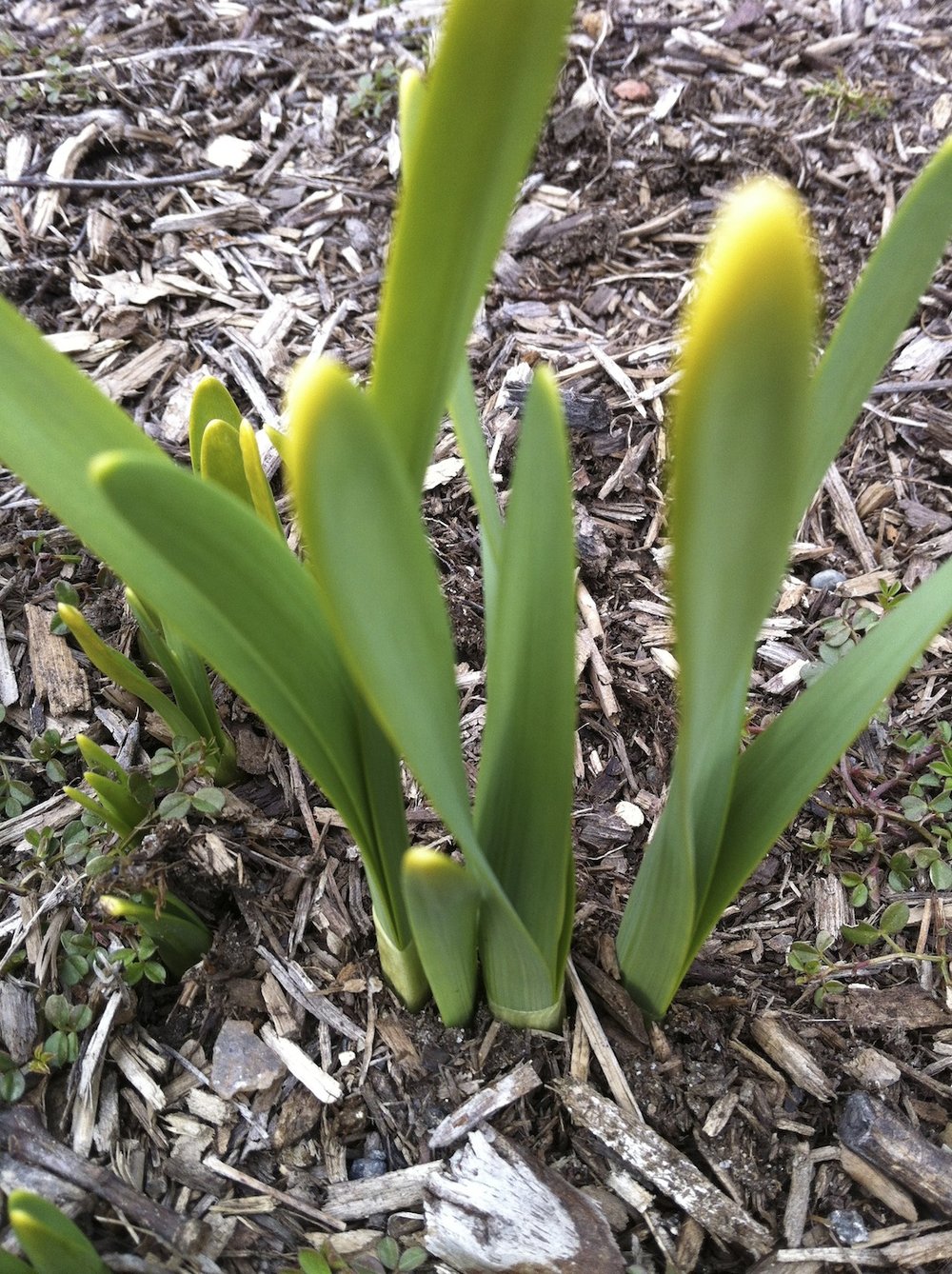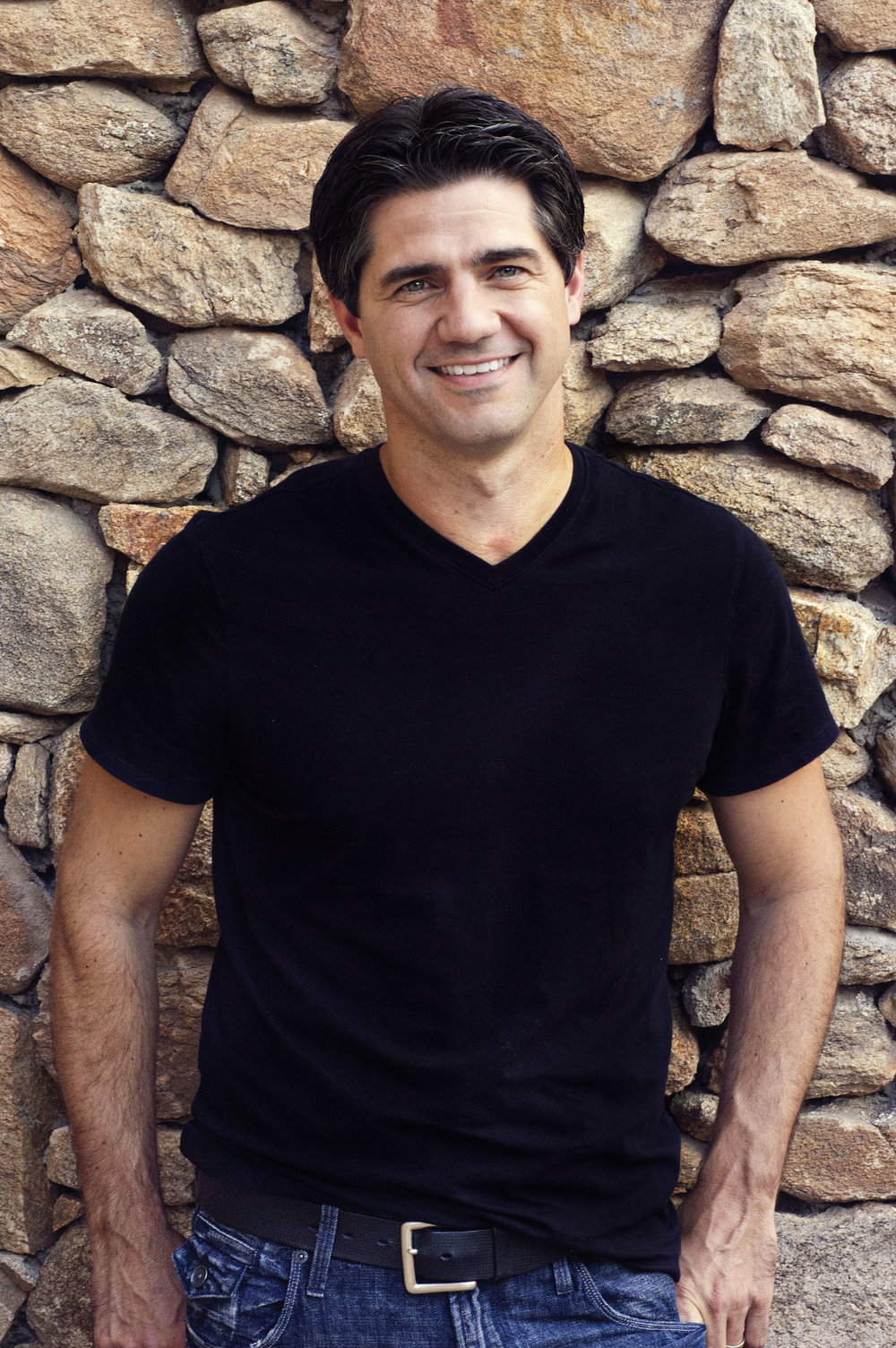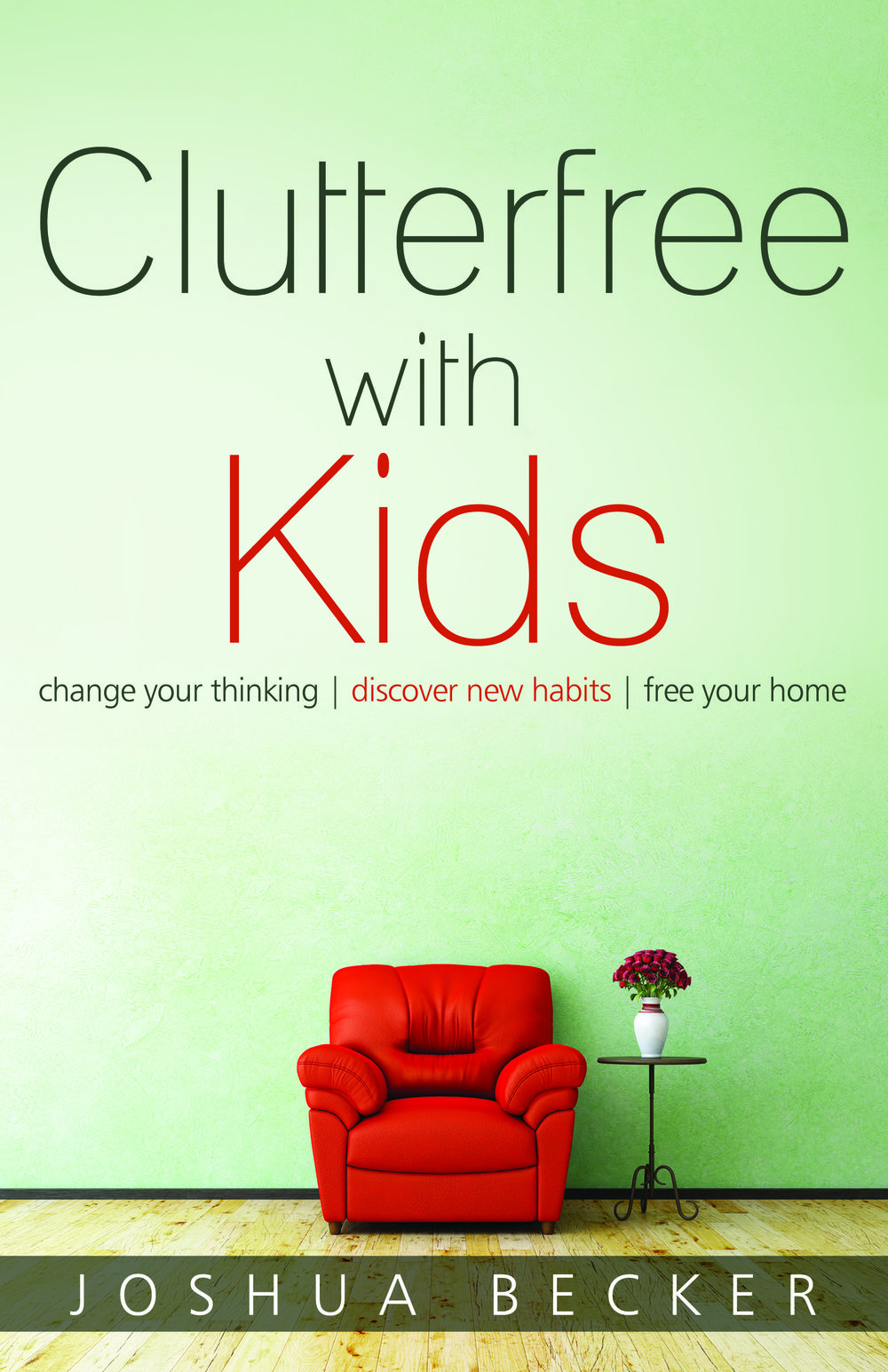As organizers and coaches, the work we do with our clients is change-focused. We’re present as our clients experience the joys and challenges of pursuing their goals and dreams. I was curious about the residual effect facilitating change for others had on us. To learn more, I reached out to a wonderful group of organizing and coaching colleagues (Seana Turner, Sue West, Andrea Sharb, Sheila Delson, Ellen Delap, Denise Lee, Yota Schneider, Cameron Gott, and Leslie Josel.)
I asked them, “How has one of the changes your client made personally influenced or inspired you to make a change?”
Their responses are thoughtful and motivating. My deepest gratitude goes to each of them for sharing their stories of inspiration and change. Keep reading to discover how change influences more change.
How has one of the changes your client made personally influenced or inspired you to make a change?
Change Inspires Courage
“To me, change is all about courage. I once worked with a client who was having a difficult time letting go of some belongings she had carried throughout her life. The intensity of her internal conflict was palpable, and she literally took a deep breath to summon the nerve to give a few pieces away. Her courage inspired me to make a financial change in my own life that I had been avoiding – one that was uncomfortable and required resolve. The first step was the hardest, but recalling this client’s ‘deep breath’ kept me moving forward.”
Seana Turner – Professional Organizer, Blogger, Speaker & Life Coach
Change Inspires Self-Advocacy
“When my clients first come to me, whether for coaching, organizing, or my hybrid approach, many wrestle with low self-compassion and self-esteem. One consequence is they don’t know how to stand up for what they need or want in some aspects of life. I found that I’d ask myself: Am I standing up for myself? Am I asking for what I need or want? Am I being clear and specific with myself? Where’s my line? As a friend, partner or family member and a coach, it’s imperative I ask these questions often to get clear on where I land.”
Sue West, COC®, CPO-CD®– ADHD & Life Management Coach, Organizer, Author, & Educator
Change Inspires Improved System
“My clients influence me personally every day and I am continually inspired by the changes they make and what they accomplish. Currently I am especially inspired by the changes one client is making with respect to management of tasks. It's been awesome supporting him in creating change over the past year and I found his change so inspiring that I found myself examining and upgrading my own task management system along the way. Our systems look nothing alike, but they are built upon the same foundation of curiosity and a desire to create a system tailored to an individual style.”
Andrea Sharb– Certified Professional Organizer & Productivity ADHD Coach
Change Inspires New Perspective
“The change that happened for me was monumental and it has affected my life personally and professionally with regard to tolerance and patience. It occurred early in my career while working with several challenging clients who often seemed resistive when progress was slow. I learned that change is something that occurs at different levels, over different amounts of time, depending on each individual and circumstance. I’ve since substituted the word change to ‘transition,’ which creates an image more easily embraced because it doesn’t imply a scary immediate expectancy, but rather something that can occur gently and at a pace that can be controlled depending on the situation and the people involved.”
Sheila Delson, CPO-CD® – Professional Organizer, Author, & ICD Program Mentor
Change Inspires Better Lists
“I’ve always been a big list maker. It comes as a natural tendency to me. Recently when working with a diligent long term client who has struggled with making lists, I realized I could make better use of my natural tendency by making a thorough list each night for the next day, going beyond the basics. Seeing his relief as he made the list helped me realize I still had thoughts, tasks and more in my head that I could record. Such a simple next step, but what a big change this is for less stress and more productivity.”
Ellen Delap, CPO®– Certified Professional Organizer, Certified Family Manager, Productivity Consultant & Blogger
Change Inspires More Balance
“A couple years ago, a client spoke of crafting the way a starving man speaks of a good meal. We charted out a strategy for her to craft and declutter. At subsequent appointments she delighted in showing me the progress of her decluttering and her crafts. During our discussion on how well this strategy was working, she realized that she had erroneously assumed that decluttering was too consuming to accommodate joyful activities. This hit me: what things had I pushed aside? I began to seek out time to play music every week and as a result I feel more balanced.”
Denise Lee, CPO®– Professional Organizer & Coach
Change Inspires New Space
“More than a year ago, a client was at a turning point with his chiropractic practice. His office lease was expiring and he needed to make a decision. While reviewing his current state of affairs and his vision for the future, it became apparent that letting go of the space would allow him to reduce his overhead and free his creative thinking and ability to take risks. Soon after our meeting, he found an ideal space and moved. Within a few months he knew he had made the right decision. Working with him inspired me to reconsider ‘my space.’ The time was right for me to hang a permanent shingle instead of depending on the phone and various locations to work with clients. One thing led to another and I now have a brand new space that I love and inspires me to think much bigger than ever.”
Yota Schneider– Seasons of Change Certified Master Coach, Workshop Facilitator, Blogger, & Mindfulness Mediation Practitioner
Change Inspires Bigger Thinking
“I find inspiration from all of my clients and the changes they commit to. When I think of one example that has inspired me to make a change I think about one of my clients and his unwavering vision to better the lives of underserved youth. He has recently fulfilled his dream of starting his own company that will revolutionize the field of social impact. He has overcome obstacles and built a top-notch team by staying true to his vision. He has inspired me to think bigger and think bolder. It's a good change.”
Cameron Gott, PCC, BCC– ADHD Coach for Entrepreneurs and Professionals
Change Inspires Less Guilt
“I work with many clients that are overcome with guilt. They are not organized enough, or have too much stuff, or don’t study enough or even parent enough. So watching some of my clients throw away the guilt has been a huge lesson for me. I’m practicing what I am preaching! Watching my clients embrace “enough” – good enough, organized enough, etc., has lead me to as well! It’s a slow process, as we all well know, but one that I am consciously working on every day. It’s quite freeing to give up the guilt!”
Leslie Josel– ADHD Coach, Author, & Speaker
In reading these stories, it occurred to me how powerful change is, not just for the change seekers, but also for change observers and facilitators. Psychologist Daniel Goleman said, “Emotions are contagious.” Perhaps watching others change is “contagious” too. It certainly is inspiring. We think, “If she can do it, so can I!” What or who has inspired change for you? I invite you to share your thoughts and stories. Come join the conversation!
 Winter marks the end of one year and the beginning of another. As the white snow covers the ground, its quiet infuses me with a sense of peace and calm. The stillness allows me to hear myself think. Despite the chill in the air, I feel hopeful for the opportunity to reflect, change, and begin again. I know that the deep freeze provides the essential nourishment for new growth.
Winter marks the end of one year and the beginning of another. As the white snow covers the ground, its quiet infuses me with a sense of peace and calm. The stillness allows me to hear myself think. Despite the chill in the air, I feel hopeful for the opportunity to reflect, change, and begin again. I know that the deep freeze provides the essential nourishment for new growth. Spring is a time for renewal. As the air becomes warmer, a new sense of hope and joy surround me. I notice the moist smell of the earth, the magical sight of greenery reappearing, and the abundance of flower buds opening. Color returns. My core feels lighter as I appreciate and feel inspired by the transformation before me. There’s an urgency within to embrace change now.
Spring is a time for renewal. As the air becomes warmer, a new sense of hope and joy surround me. I notice the moist smell of the earth, the magical sight of greenery reappearing, and the abundance of flower buds opening. Color returns. My core feels lighter as I appreciate and feel inspired by the transformation before me. There’s an urgency within to embrace change now. Summer is more relaxed. I notice the blue sky and dull low hum of a plane above. The thump of a hammer is audible in a nearby yard. There is an ever-so-slight breeze and occasional whooshing sound of an air conditioner. The air smells good, clean, and fresh. It’s not too hot, but warm enough so that no goosebumps appear on my body as the breeze blows. I’m grateful that summer has arrived. The slower pace encourages me to suspend dramatic changes and just be.
Summer is more relaxed. I notice the blue sky and dull low hum of a plane above. The thump of a hammer is audible in a nearby yard. There is an ever-so-slight breeze and occasional whooshing sound of an air conditioner. The air smells good, clean, and fresh. It’s not too hot, but warm enough so that no goosebumps appear on my body as the breeze blows. I’m grateful that summer has arrived. The slower pace encourages me to suspend dramatic changes and just be. Fall is such an obvious change season with bold shifts in colors, temperatures, and light. The leaves, which fall, crunch, and swirl around me seem to sing change. I sense internal shifts too, which make me feel unsettled. Perhaps this is because change is so apparent. What I see makes me feel like I too need to change and make way for something different. There’s a rumbling and sense of being uncomfortable. This is not a bad thing. Change is nudging me to move forward.
Fall is such an obvious change season with bold shifts in colors, temperatures, and light. The leaves, which fall, crunch, and swirl around me seem to sing change. I sense internal shifts too, which make me feel unsettled. Perhaps this is because change is so apparent. What I see makes me feel like I too need to change and make way for something different. There’s a rumbling and sense of being uncomfortable. This is not a bad thing. Change is nudging me to move forward.









